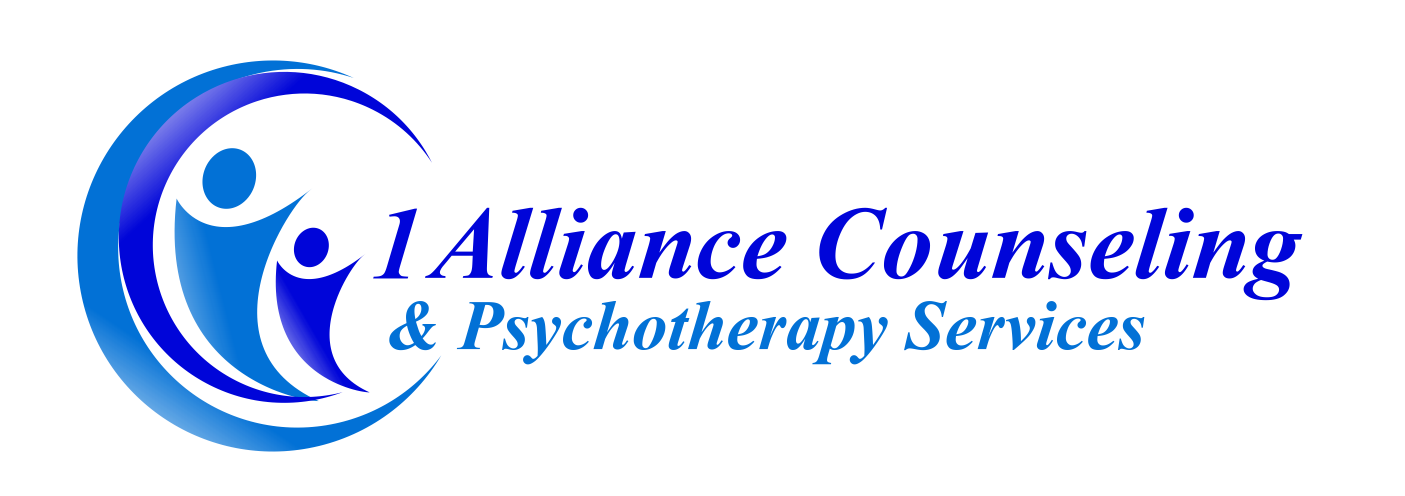Intimate Partner Violence is an issue that is both prevalent and is a concern of personal and community safety. IPV is also known as Domestic Violence. Let us discuss some statistics, risk factors and community resources that are available. It is quite possible the many of us know someone who has been affected by IPV at some point in his/her life.
According to the CDC, “Intimate partner violence (IPV) is a serious, preventable public health problem that affects millions of Americans. The term ‘intimate partner violence’ describes physical violence, sexual violence, stalking, or psychological harm by a current or former partner or spouse. This type of violence can occur among heterosexual or same-sex couples and does not require sexual intimacy.”
Statistics (provided by CDC.gov and PADV.org)
• “ONE IN THREE teens report knowing a peer who has experienced punching, slapping, kicking, choking or other violence by a partner.
• INTIMATE PARTNER VIOLENCE occurs in same sex relationships at the same rates it occurs in heterosexual relationships.
• ONE IN FOUR women will experience domestic violence during her lifetime.
• About 1 in 4 women and nearly 1 in 10 men have experienced contact sexual violence, physical violence, and/or stalking by an intimate partner during their lifetime and reported some form of IPV-related impact.
• Over 43 million women and 38 million men have experienced psychological aggression by an intimate partner in their lifetime.”
The main tenets of an abusive/violent relationship is centered around the abuser/offender exerting control in efforts to maintain power over the other. Examples of IPV include: Physical violence (e.g. hitting, kicking, shoving, etc.); Sexual violence (coercion or attempt at forced partner participation within a sex act, sexual touching, or a non-physical sexual without partner giving or being capable of consent); Stalking (e.g. “a pattern of repeated, unwanted attention and contact by a partner that causes fear or concern for one’s own safety or the safety of someone close to the victim.”); & Psychological aggression (e.g. emotional abuse can be verbal and non-verbal communication with the intent to harm or exert control over another).
According to Partnership Against Domestic Violence, a few of the warning signs of DV are phrased in the following questions to ask yourself with regard to your partner. Does your partner…
–make you afraid of them?
–make fun of you in front of your family or friends?
–put down your accomplishments or goals?
–use force or threats to make you do what he/she wants?
–treat you roughly – grab, push, shove or hit you?
–constantly call or show up to make sure you are where you said you would be?
–blame you for how he/she feels or acts?
–call you bad and hurtful names?
–try to control what you do, who you see and when?
HELP IS AVAILABLE!
If you are in immediate danger or in need of emergency assistance, dial 911.
Partnership Against Domestic Violence Crisis Lines (404) 873-1766 V/TTY
The Georgia Coalition Against Domestic Violence (GCADV) provides education of the public and advocacy for those impacted by IPV/DV. Georgia’s state-wide domestic violence hotline is 1-800-33-HAVEN (42836).
National Domestic Violence Crisis Line: 1-800-621-HOPE (4673)
Love is Respect (https://www.loveisrespect.org/)
You should always seek help from a professional: therapist, counselor, doctor, etc. and/or community resource. Other resources for other specialized groups such as those with disabilities, men, teens, and more can be found at community resources such as CDC and PADV. In addition, you may learn how to organize a safety plan and speak to someone during a crisis or planned exit from an abusive relationship. Remember you are not alone, please seek professional help. The offenders often isolate their partners to ensure control. Don’t attempt to go at this alone. Reaching out to others can be the hardest thing, but most necessary if you are to get out of a violent relationship.
This article is to serve as a brief educational tool on a serious matter. Information therein should not be used to diagnose, treat or serve as medical advice. Always seek out community and professional resources to address your individual needs and circumstances. We at 1Alliance CPS are here to help as well. Thank you.
Resources:
www.padv.org
www.theduluthmodel.org/
www.cdc.gov
loveisrespect.org
